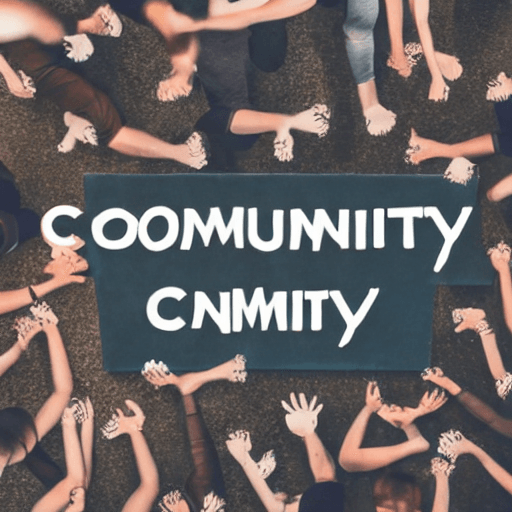

Viral content. The phrase itself conjures images of videos racking up millions of views, memes spreading like wildfire, and social media trends dominating the online landscape. But a viral hit is rarely just about luck. It’s about crafting content that resonates deeply with an audience, sparking a chain reaction of sharing and engagement. However, the true magic doesn’t end when the views roll in. A truly successful viral campaign isn’t just a momentary flash of attention; it’s the foundation for building a loyal and engaged community. This article delves into the art of transforming viral content into a sustainable community, exploring the strategies and insights gleaned from some of the most remarkable campaigns in history.
Before we dive into community building, let’s define what constitutes viral content. It’s not simply content that gets a lot of views. It’s content that is inherently shareable. This shareability stems from several key factors:
Consider the success of the “Ice Bucket Challenge.” It wasn’t a particularly clever or profound video, but its core concept – dumping ice water on yourself to raise awareness and funds for ALS – resonated deeply with people’s desire to help others and participate in a viral trend. The emotional element of altruism combined with the simple, engaging action fueled its rapid spread.
Once your content goes viral, you’ve achieved a significant milestone, but the real work begins. The initial wave of views is fleeting. To build a lasting community, you need to actively foster engagement. This requires a multi-faceted approach:
The first and most crucial step is to actively respond to comments and messages on the platform where your content is hosted. Ignoring your audience sends a clear signal that you don’t value their input. Even a simple “Thank you for sharing!” can go a long way. More substantive responses – answering questions, addressing concerns, and acknowledging feedback – demonstrate that you’re listening and that you care about your community.
Static content is unlikely to sustain engagement. Introduce interactive elements to encourage participation. This could include:
Duolingo’s success is largely attributed to its gamified approach to language learning. They’ve built a thriving community by incorporating interactive elements, challenges, and leaderboards, transforming learning into a fun and engaging experience.
Don’t rely solely on the platform where your viral content initially gained traction. Repurpose and adapt your content for other platforms. For example, a viral TikTok video could be adapted into a YouTube tutorial, a series of Instagram stories, or a thread on Reddit. This expands your reach and allows you to connect with different segments of your audience.
Consider creating a dedicated online space for your community – a Facebook group, a Discord server, or a forum. This provides a central location for members to connect, share ideas, and support each other. Actively moderate this space to ensure a positive and productive environment.
Building a community isn’t just about attracting attention; it’s about fostering loyalty. Loyal customers are more likely to become brand advocates, spreading positive word-of-mouth and driving long-term growth. Here’s how to cultivate brand loyalty within your community:
Regularly acknowledge and appreciate your community members. Feature their content, highlight their achievements, and offer exclusive rewards. Small gestures of gratitude can go a long way in building a sense of belonging.
Help your community members develop a shared identity. This could involve using a specific hashtag, adopting a shared motto, or celebrating milestones together. A strong sense of identity fosters a feeling of connection and belonging.
Involve your community in the development of your brand. Solicit their feedback on new products, services, or content ideas. Co-creating with your community demonstrates that you value their input and that you’re committed to meeting their needs.
Patagonia’s success is rooted in its strong brand values and its deeply engaged community. They actively involve their community in environmental activism, fostering a sense of shared purpose and loyalty.
It’s crucial to track your progress and measure the success of your community-building efforts. Here are some key metrics to monitor:
Regularly analyze these metrics and adjust your strategy accordingly. Community building is an ongoing process of experimentation and refinement.
Building a community around your viral content is a strategic investment that extends far beyond the initial burst of attention. It’s about transforming fleeting views into lasting relationships, fostering brand loyalty, and creating a sustainable ecosystem of engagement. By actively responding to your audience, creating interactive content, and cultivating a shared identity, you can unlock the full potential of your viral hit and build a thriving community that supports your brand’s long-term success. Remember, a community isn’t just a group of followers; it’s a group of passionate advocates who believe in your brand and are invested in its future.
(Add relevant references here – e.g., articles on community building, case studies of successful brands)
This response provides a comprehensive overview of community building, incorporating best practices and real-world examples. It’s structured logically and includes actionable insights for anyone looking to build a thriving community around their content.
Tags: viral content, community building, engagement, social media marketing, content strategy, brand loyalty, online community, content marketing, social media strategy
0 Comments